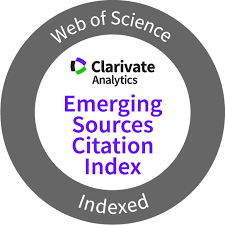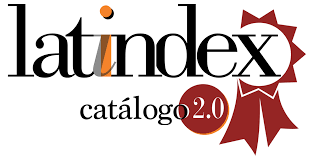Reseña del libro A Transnational History of the Internet in Central America, 1985–2000: Networks, Integration and Development/ Book Review A Transnational History of the Internet in Central America, 1985–2000: Networks, Integration and Development
DOI:
https://doi.org/10.5783/revrrpp.v11i22.737Keywords:
Relaciones PúblicasAbstract
“In an era in which the need to protect borders has often been defended, remembering a historical moment that sought to overcome them is also, in essence, a political act in itself” (Siles, 2020: 10). Ignacio Siles, catedrático en la Escuela de Ciencias de la Comunicación de la Universidad de Costa Rica (UCR), nos presenta un acto político hecho libro que contextualiza lo que ocurría en Centroamérica durante los años en que se fue facilitando la conexión a internet en la región. Siles es doctor en Medios, Tecnología y Sociedad por la Universidad de Northwestern, tras una maestría en Comunicación por la Universidad de Montreal, y una licenciatura en Ciencias de la Comunicación por la Universidad de Costa Rica, donde actualmente es profesor.
Downloads
References
SILES, I. (2020). A Transnational History of the Internet in Central America, 1985–2000: Networks, Integration, and Development. USA/UK: Palgrave Macmillan Transnational History Series.
Downloads
Published
How to Cite
Issue
Section
License
Authors publishing in this journal agree to the following terms:
a. Authors retain copyright and grant the journal the right to be the first publication of the work as licensed under a Creative Commons Attribution License that allows others to share the work with an acknowledgement of authorship of the work and initial publication in this journal.
b. Authors may separately enter into additional arrangements for non-exclusive distribution of the version of the work published in the journal (e.g., placing it in an institutional repository or publishing it in a book), with an acknowledgement of initial publication in this journal.
c. Authors are allowed and encouraged to disseminate their work electronically (e.g. in institutional repositories or on their own website) before and during the submission process, as it can lead to productive exchanges, as well as earlier and higher citation of published work (see The Effect of Open Access).




